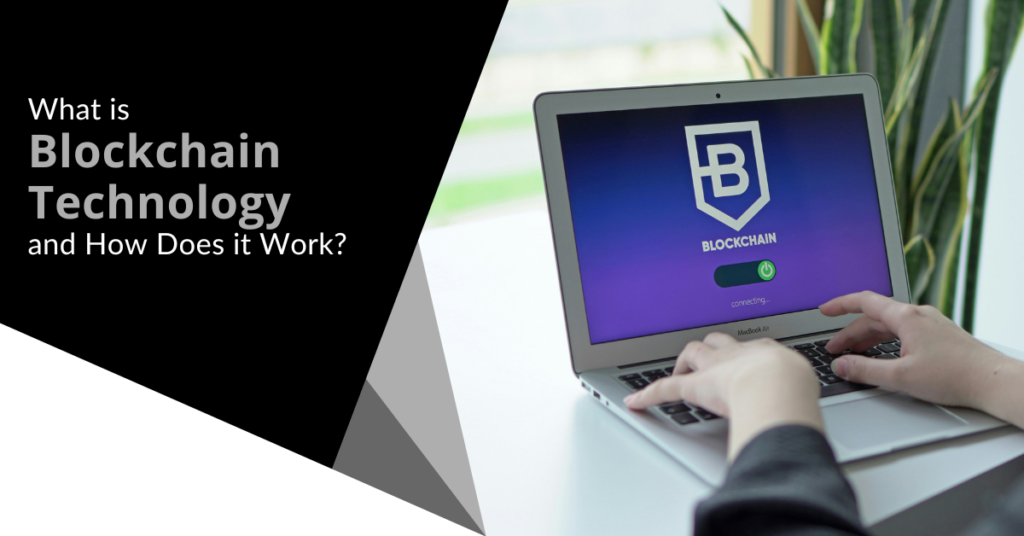Blockchain technology is revolutionizing the way we interact with data, creating a more secure and transparent digital future. But what exactly is blockchain, and how does it work? In our latest blog article, IPM Computers dives deep into this fascinating innovation, explaining its mechanics, applications, and challenges.

What is Blockchain?
At its essence, blockchain is a digital ledger meticulously designed to store information in a secure and immutable way. Unlike traditional systems, this ledger is decentralized, meaning it is shared across multiple computers, each maintaining an identical copy.
The information within a blockchain is organized into blocks. Each block contains a list of transactions. When a block reaches capacity, it links seamlessly to the previous block, creating a continuous chain: hence the name “blockchain.”
How Does Blockchain Work?
Blockchain operates through a process called mining. Miners (specialized computers) solve intricate mathematical problems. Once a problem is solved, the miner adds a new block to the chain.
Each block includes a unique identifier known as a hash, which ensures data integrity. If someone attempts to alter the information within a block, the hash changes, immediately signaling tampering. This mechanism keeps the blockchain secure and trustworthy.
Why is Blockchain Secure?
Blockchain’s security hinges on two key factors: cryptography and decentralization.
- Cryptography acts like a digital lock, ensuring that only those with the correct key can access the data.
- Decentralization eliminates the need for a central authority. Instead, multiple computers work collaboratively, making it nearly impossible for a single entity to compromise the system.
What Are the Uses of Blockchain?
While blockchain is often associated with cryptocurrencies like Bitcoin, its applications extend far beyond finance:
- Supply Chain Management: Track goods from production to delivery.
- Healthcare: Securely store and share medical records.
- Voting: Enhance transparency and reduce election fraud.
In finance, blockchain facilitates faster, cheaper transactions by eliminating intermediaries like banks.
How Does Blockchain Impact Our Lives?
Blockchain is transforming industries by streamlining processes and enhancing trust. Transactions become faster and more cost-effective, while transparency improves accountability. Users can trace every transaction, fostering trust in systems that rely on blockchain.
What Are the Challenges of Blockchain?
Despite its potential, blockchain faces several hurdles:
- Energy Consumption: Mining requires significant computational power, raising environmental concerns.
- Regulatory Uncertainty: Governments and agencies are still figuring out how to govern blockchain systems effectively.
What’s Ahead for Blockchain?
The future of blockchain is bright and full of possibilities. Industries ranging from healthcare to entertainment are exploring its potential to innovate their operations. Meanwhile, developers are working tirelessly to make blockchain more efficient and eco-friendly.
Want to Learn More About Blockchain?
Blockchain technology holds immense promise to reshape our world for the better. By understanding its fundamentals and applications, we can harness its potential to create a more transparent, secure, and efficient future.
Contact our team of IT professionals today to learn more about how blockchain can benefit your business or personal projects.
Phone: (910) 463-4299
Email: sales@ipmcomputers.com
Our Website: ipmcomputers.com





